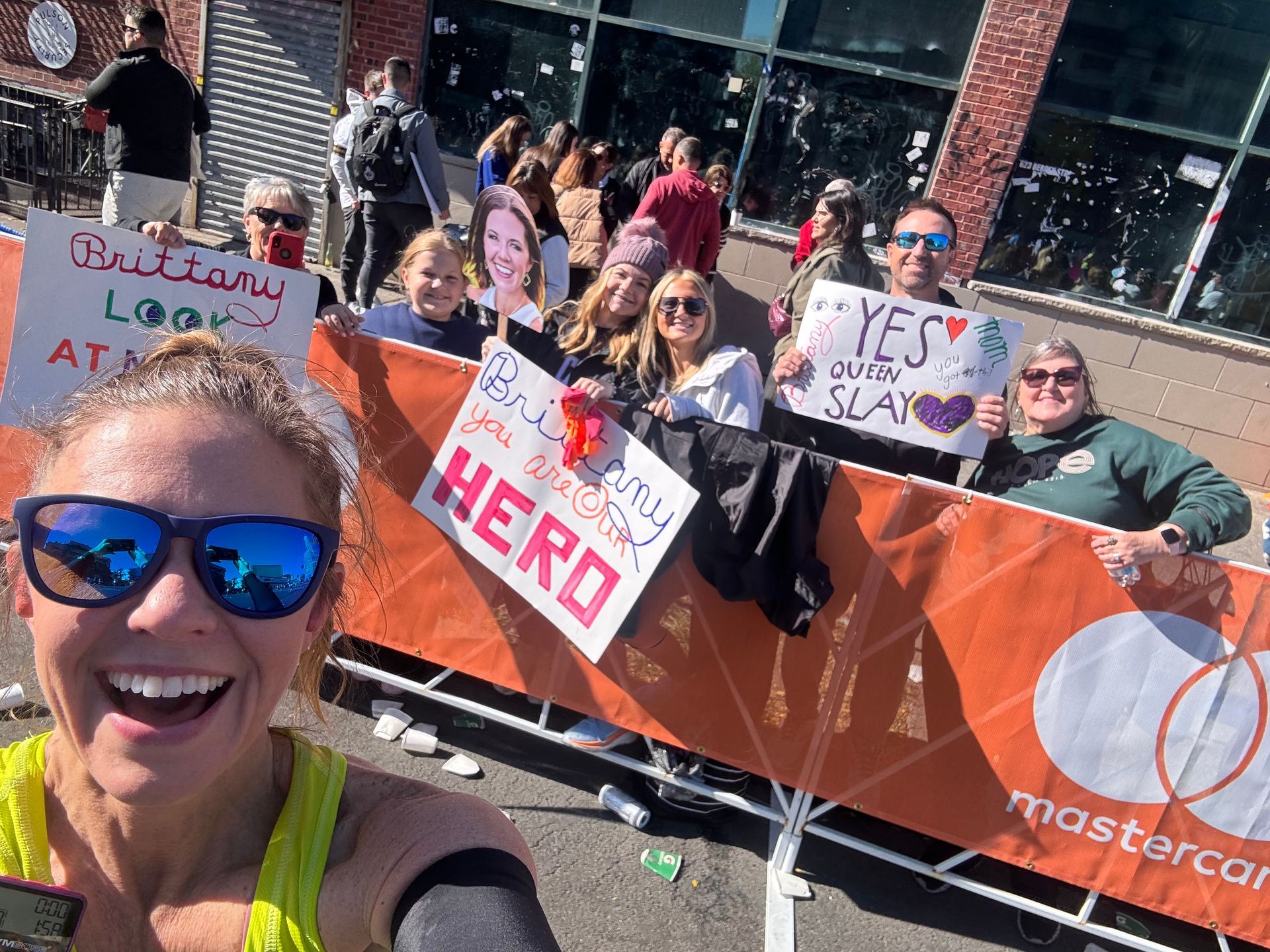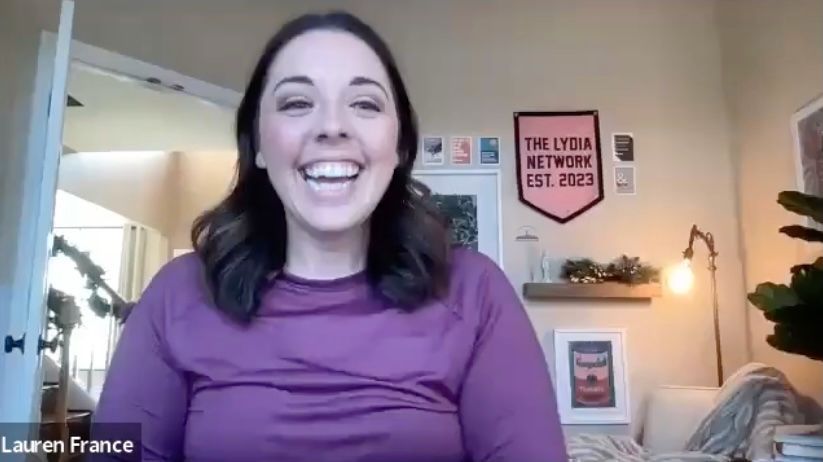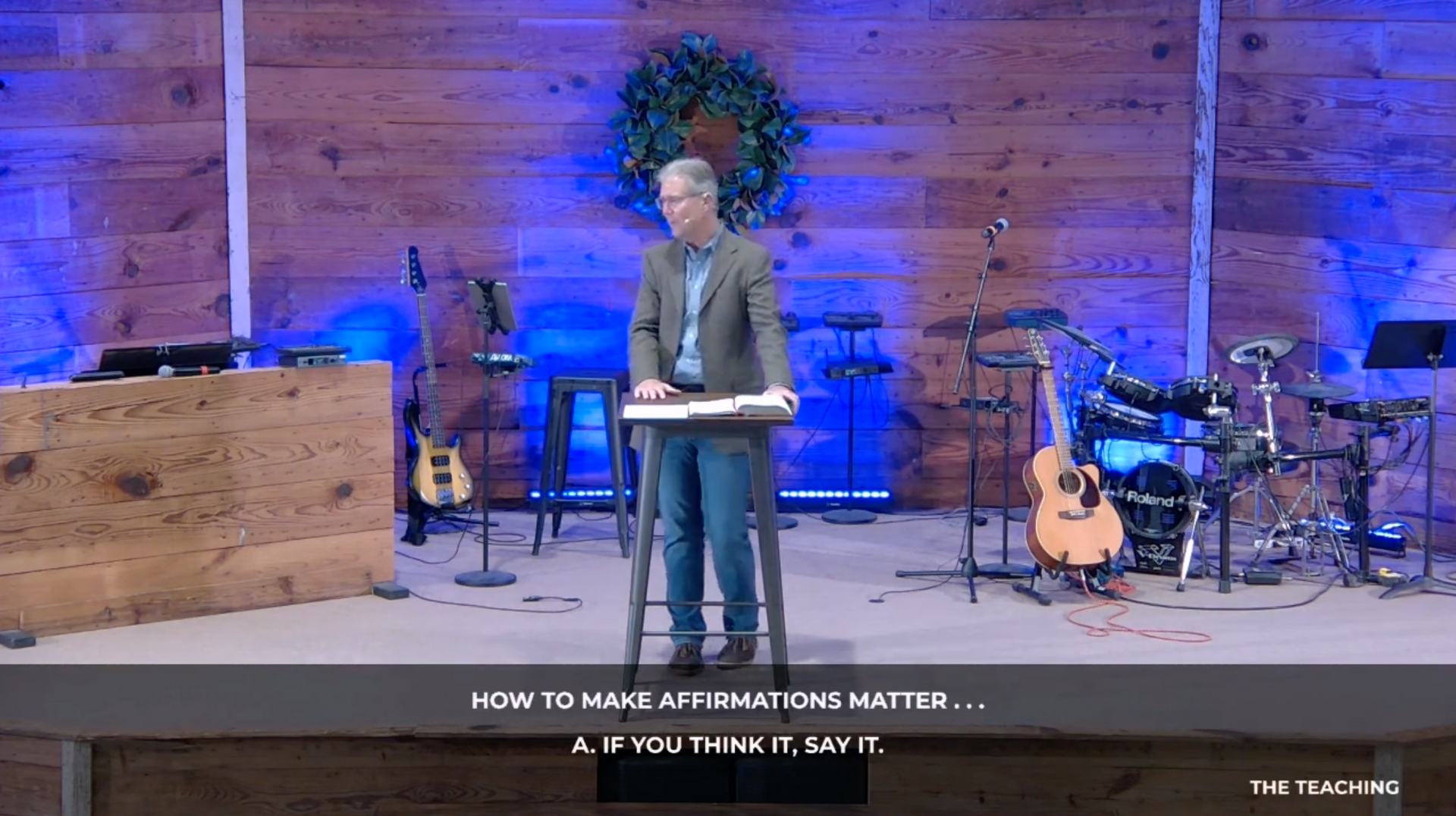info@integrus.org
Great leaders C.A.R.E.
Build Stronger Relationships on Your Team with the CARE Tool
As an executive coach and pastor, I’ve learned that effective leadership isn’t just about strategy or results—it’s about genuinely caring for your team and helping them grow. Strong relationships are the foundation of healthy teams. They build trust, improve communication, and create the kind of safe environment where people thrive.
One of the most powerful tools I’ve used to develop those relationships is what I call the C.A.R.E. tool. It’s simple, actionable, and transformational.
What does C.A.R.E. stand for?
C.A.R.E. is an acronym for:
- Connect
- Appreciate
- Respect
- Empathize
Effective leadership requires inviting others into your leadership space and earning the right to enter theirs. These four actions—taken in order—help you build the relational equity to bridge that gap and lead more effectively.
C is for Connect
Connection is the starting point. It creates familiarity, which leads to trust. This requires intentional curiosity. Ask yourself:
“What’s one thing I have in common with this person?”
It could be as simple as a shared interest in a TV show, a favorite restaurant, or both having young kids. These small connections matter.
Take time in one-on-ones or casual encounters to build these bridges. A few intentional moments is sometimes all it takes to establish sincerity and lay the groundwork for meaningful relationships.
A is for Appreciate
Next, appreciate what they do. Appreciation says, “I see your effort, and it matters.” Ask:
“What do they bring to the table?”
Have they shown consistency? Met a goal? Helped a teammate? Celebrate their contributions—especially publicly. Recognition like this builds esteem and makes significant deposits in your relational bank account.
But appreciation only lands as genuine if you’ve already taken the time to connect. It deepens trust and strengthens the bridge between you.
R is for Respect
While appreciation focuses on what someone does, respect is about who they are. Ask yourself:
“What do I admire about them?”
Maybe it’s their discipline, character, or ability to stay organized. Maybe it’s the way they lead with integrity or how they keep meetings on track.
Respect communicates that someone is valued not just for their output, but for their identity. It affirms who they’re becoming and helps create a safe space for growth—even if you don’t see eye to eye on everything.
E is for Empathize
Finally, lead with empathy. Empathy is stepping into someone else’s story and seeing the world through their lens. Ask:
“What makes them tick?”
A great way to do this is to ask them to share their three-minute story. Listen for what shaped them—challenges, victories, losses, and lessons. Understanding someone’s background helps you relate on a deeper level and demonstrate authentic care.
Empathy invites vulnerability. When people feel understood, they’re more likely to open up, ask for feedback, and trust your leadership influence.
Why C.A.R.E. Matters
When you take time to Connect, Appreciate, Respect, and Empathize, you build trust—and with trust comes influence. People are more willing to listen, grow, and contribute when they feel seen and supported.
The C.A.R.E. tool also helps dismantle bias and judgment. It reminds us that every person has value worth uncovering. Even if it takes effort, it’s a leader’s job to find those points of connection and build the bridge.
Start Building Today
Leadership isn’t just about what you accomplish. It’s about who you help others become. When you lead with connection, appreciation, respect, and empathy, you create a culture where teams flourish and trust runs deep.
Are you ready to build stronger relationships and a healthier team?
Great leaders don’t just lead with authority. They lead with care—because great leaders C.A.R.E.
SHARE THIS POST






































